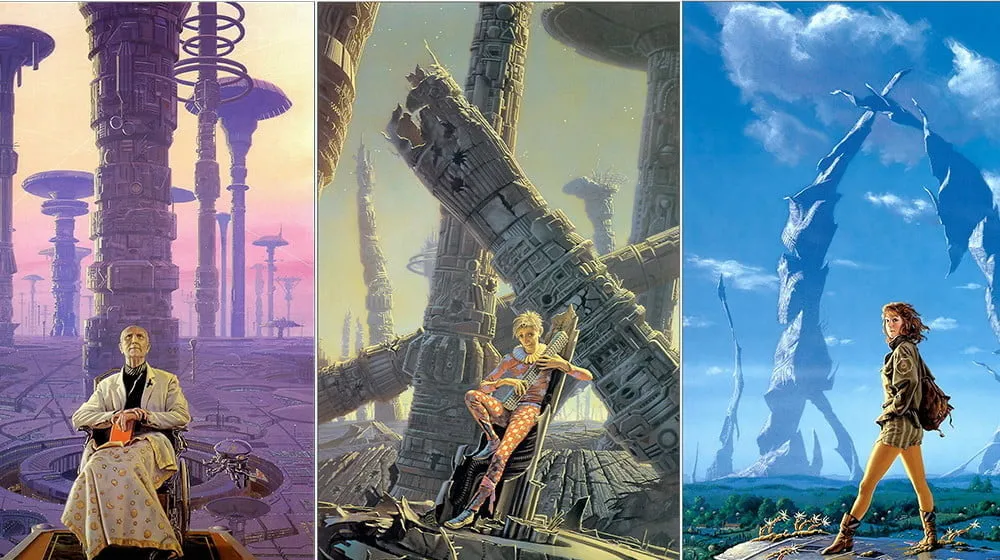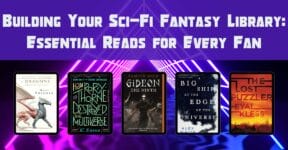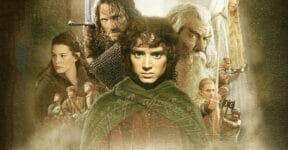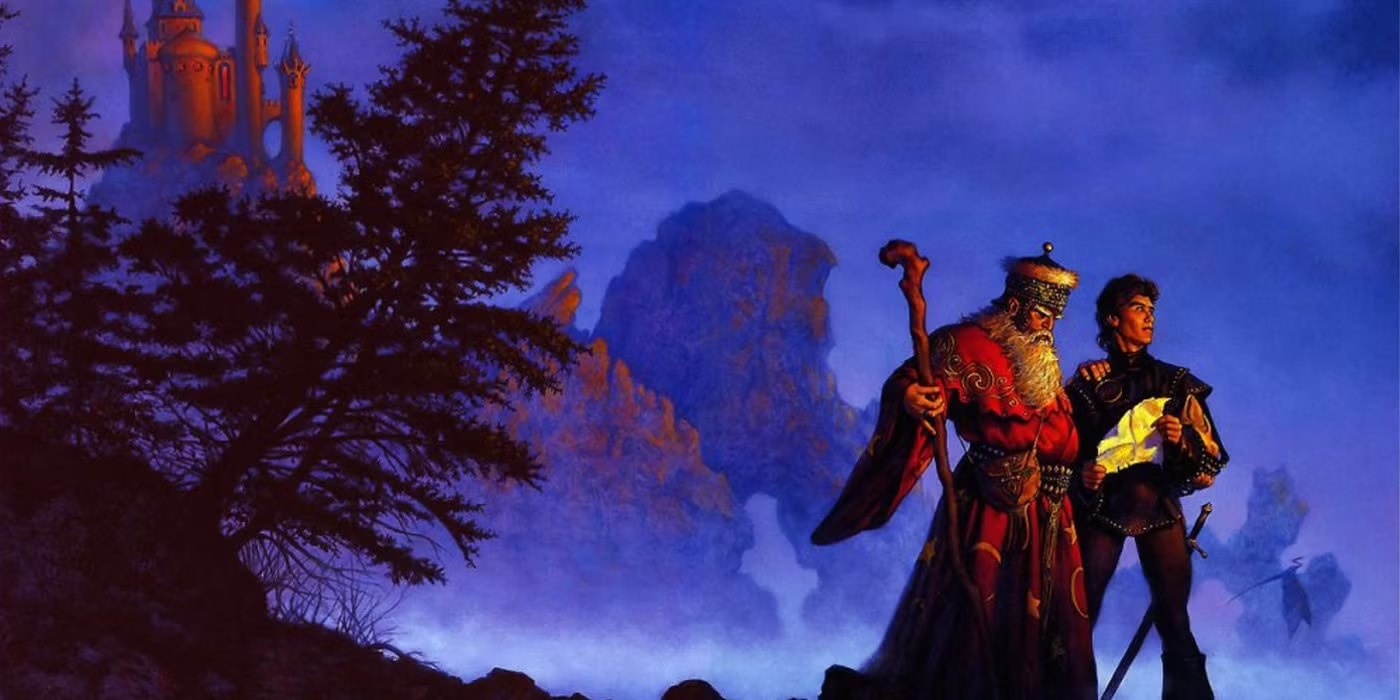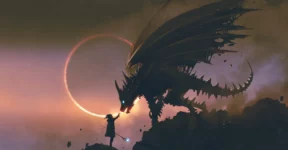The lines between science fiction and fantasy often blur, creating a captivating hybrid genre known as sci-fi fantasy (or science fantasy). While both genres fall under the umbrella of speculative fiction, sci-fi traditionally grounds its narratives in scientific principles, while fantasy embraces magic and the supernatural. Sci-fi fantasy, however, thrives on the interplay of both, creating worlds where advanced technology coexists with mystical forces.

This unique blend allows for unparalleled creative freedom, enabling authors to craft narratives that transcend the limitations of either parent genre. From reimagined mythologies to post-apocalyptic landscapes and alternate histories, sci-fi fantasy offers a diverse tapestry of storytelling possibilities.
Exploring the Spectrum of Sci-Fi Fantasy:
To illustrate the breadth and depth of this genre, let’s delve into some popular examples:
- A Wrinkle in Time by Madeleine L’Engle: This classic children’s novel follows a young girl and her brother as they journey through time and space to rescue their father. The story masterfully blends fantastical elements with scientific concepts like tesseracts, creating a thrilling and thought-provoking adventure.
- The Broken Empire Trilogy by Mark Lawrence: This dark fantasy series chronicles the rise of Jorg Ancrath in a post-apocalyptic world where magic and remnants of advanced technology intertwine. The series explores themes of power, morality, and survival in a richly imagined setting.
- Foundation Series by Isaac Asimov: While primarily science fiction, the Foundation series incorporates elements of mysticism and prophecy, particularly with the introduction of psychohistory, a science that predicts the future of humanity. This blend of scientific prediction and seemingly magical foresight adds a unique layer to the narrative.
- The Dragonriders of Pern Series by Anne McCaffrey: This series combines the classic fantasy element of dragons with genetic engineering and telepathic communication, creating a world where science and magic are seamlessly integrated.
- Doomsday by R.L. Gemmill: In this gripping YA adventure, three reunited foster siblings stumble upon a demonic plot during a cave expedition. When an earthquake traps them underground, they discover a sinister conspiracy threatening all humanity. This fast-paced series opener masterfully blends family drama with supernatural thrills, perfect for readers aged 10-18.
- The Death Gate Cycle by Margaret Weis and Tracy Hickman: This series presents a universe shaped by both scientific and magical forces. The protagonists explore diverse realms and encounter various races, showcasing the boundless potential of worldbuilding in sci-fi fantasy.
- Foreigner Series by C. J. Cherryh: This ongoing series focuses on interspecies diplomacy and political intrigue in a world filled with complex alien cultures and advanced space travel technologies.
- The Broken Earth Trilogy by N. K. Jemisin: This award-winning trilogy explores themes of societal collapse and human resilience in a world where individuals possess the ability to manipulate seismic energy, a fantastical power with profound consequences.
- The Dark Tower Series by Stephen King: This epic series blends elements of horror, fantasy, and science fiction as the protagonist, Roland Deschain, traverses different worlds and dimensions on his quest to reach the Dark Tower.
These examples represent just a glimpse into the vast and varied landscape of sci-fi fantasy literature. The genre’s ability to seamlessly blend scientific concepts with magical elements creates unique narratives that captivate and inspire.
The Harmony of Science and Magic:
Sci-fi fantasy demonstrates that science and magic are not mutually exclusive. Their fusion can enrich storytelling, offering a wider range of thematic exploration and worldbuilding possibilities. This genre invites readers to suspend disbelief and embrace the wonder of worlds where the impossible becomes possible.
Are there any particular science fiction fantasy books or series you like? Have you found any form of literature that can satisfactorily explain magic through scientific exposition? We’d love to hear from you.
Other Things You Might Want to Know
Foreigner Series Books:
The series is divided into multiple arcs:
- Arc 1: Foreigner (1994), Invader (1995), Inheritor (1996)
- Arc 2: Precursor (1999), Defender (2001), Explorer (2002)
- Arc 3: Destroyer (2005), Pretender (2006), Deliverer (2007)
- Arc 4: Conspirator (2009), Deceiver (2010), Betrayer (2011)
- Arc 5: Intruder (2012), Protector (2013), Peacemaker (2014)
- Arc 6: Tracker (2015), Visitor (2016), Convergence (2017)
- Arc 7: Emergence (2018), Resurgence (2020), Divergence (2020)
- Arc 8: Defiance (2023)
Short Stories: Deliberations (2012), Invitations (2013)
Recommended Fantasy Books (According to Forbes):
- Broken Earth series by N.K. Jemisin (2015-2017)
- Harry Potter series by J.K. Rowling (1997-2007)
- Watership Down by Richard Adams
- The Wonderful Wizard of Oz series by L. Frank Baum (1900-1920)
- Alice’s Adventures in Wonderland by Lewis Carroll (1865)
- The Lord of the Rings series by J.R.R. Tolkien (1937-1950)
- The Night Circus by Erin Morgenstern (2012)
- The Changeling by Victor LaValle (2017)
- A Song of Ice and Fire series by George R.R. Martin (1996-present)
- Legends of the Condor Heroes series by Jin Yong (2019)
Recommended Sci-Fi Fantasy Movies:
- Star Wars series (1977 – 2019)
- Dune film series (2021 – present)
- The Matrix series (1999 – 2021)
- The Fifth Element (1997)
- The Prestige (2006)
- Avatar series (2009 – present)
- Annihilation (2018)
- Guardians of the Galaxy Trilogy (2014 – 2023)
- Cloud Atlas (2012)
- John Carter (2012)

